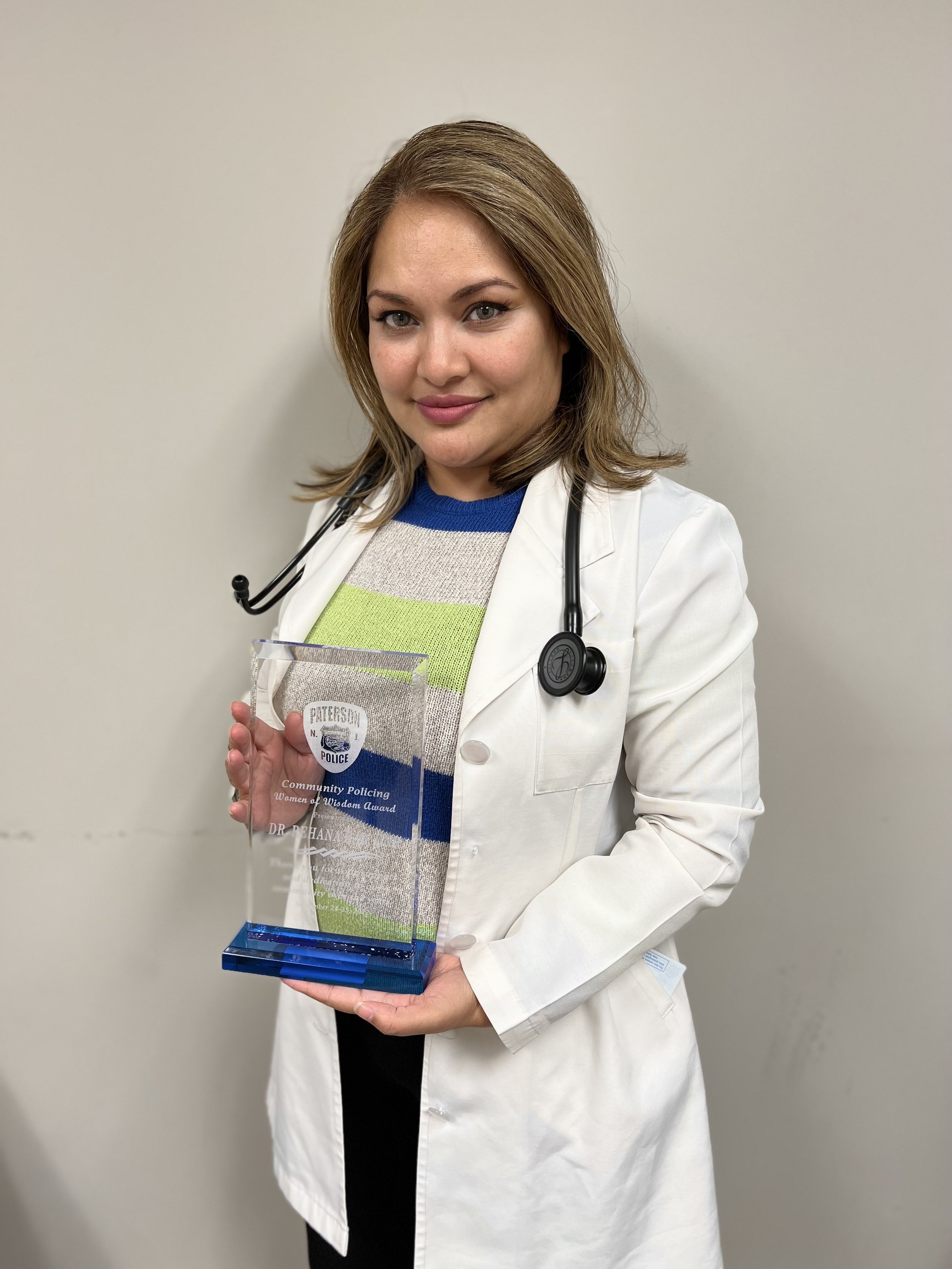As the flowers bloom and pollen fills the air, it's essential to differentiate between sinus infections and allergies, as they share similar symptoms but require different treatments. 👃 Sinus Infection:
- Cause: Typically caused by a bacterial or viral infection, leading to inflammation and swelling of the sinuses.
- Symptoms: Facial pain, pressure, nasal congestion, thick nasal discharge, and sometimes fever or headache.
- Duration: Symptoms often persist for more than 10 days and may worsen over time without treatment.
- Treatment: Antibiotics may be necessary for bacterial infections, along with decongestants, nasal corticosteroids, and pain relievers to alleviate symptoms.
🌼 Allergies (Allergic Rhinitis):
- Cause: Triggered by allergens like pollen, dust mites, or pet dander, leading to an immune system reaction and inflammation of the nasal passages.
- Symptoms: Sneezing, runny or itchy nose, watery eyes, and sometimes coughing or wheezing.
- Duration: Symptoms may come and go depending on exposure to allergens, but they often persist as long as the allergen is present.
- Treatment: Antihistamines, nasal corticosteroids, decongestants, and allergy shots (immunotherapy) can help manage allergy symptoms.
🌿 Differentiating Factors:
- Duration: Sinus infections typically last longer than allergies.
- Discharge: Sinus infections often produce thick, colored nasal discharge, while allergies typically produce clear, watery discharge.
- Fever: Fever is more common with sinus infections than allergies.
- Response to Treatment: Sinus infections may require antibiotics, while allergies typically respond to allergy medications.
By understanding the distinctions between sinus infections and allergies, you can better manage your symptoms and seek appropriate treatment when needed.
Disclaimer: This information is not intended, nor implied, to be a substitute for professional medical advice, medical or psychological diagnosis, or medical or psychological treatment. All content, including text, graphics, images, and other information shared is for general informational purposes only.

